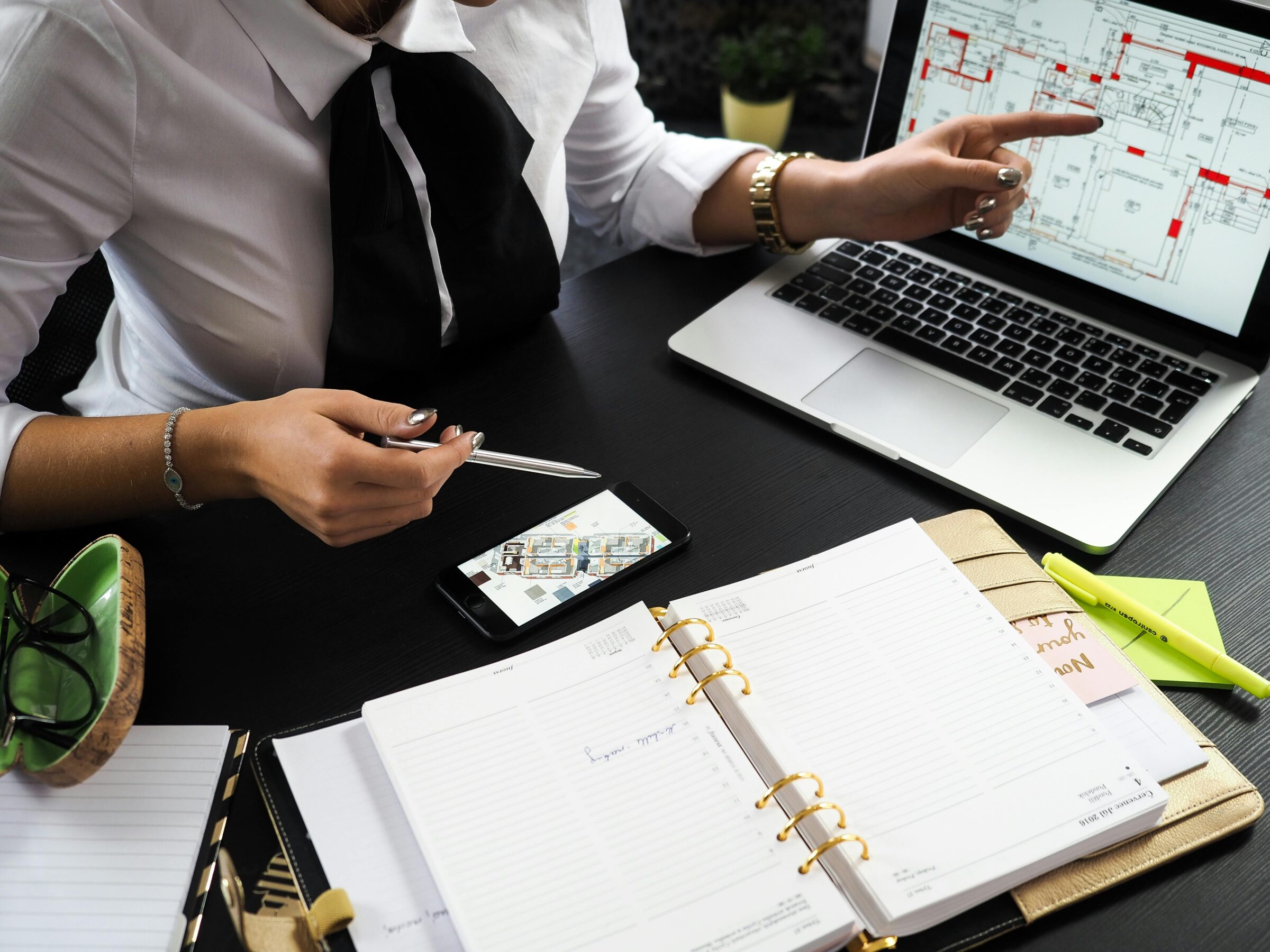

Moving into a new apartment or rental house can leave you with a lot of headaches. In this article, we will guide you through moving into a Dutch rental property by explaining how to connect to and pay for utilities including gas, electric, water and trash/rubbish.
First, you should look at your rental agreement to decipher which utilities are included in your monthly rent payment. Many contracts will include some if not all utility payments, and it is important to find which are covered and see what utilities you have to figure out on your own.
If you’re purchasing a house in the Netherlands, you may be able to connect to a utility provider in your area.
Easynuts and Partner Pete are great services to connect all utilities online as they offer a free service to English speakers in the Netherlands.
We will discuss three types of Dutch utility connection and payment below.
In the Netherlands, you will have many options to choose from as energy is a competitive and liberal market. For the environmentally conscious, you will have green (in Dutch: groen) options from environmentally-friendly sources such as wind, solar, water and biomass.
Due to the variety of choices on offer, you should compare prices, energy sources (green or traditional) and determine the type of contract you would like.
Check out this list of major Dutch energy providers.
Energievergelijken.nl and Pricewise.nl offer energy provider price comparisons in English. On consuWijzer, a government-backed consumer protection agency, it is advised that you use multiple price comparison sites and ensure that they offer a complete selection of available providers.
Upon making you decision, you can easily set up an account over the phone or online. You will need your passport or ID, proof of residency and a bank statement or proof of residency in your municipality.
After selecting an energy provider, you will be in contact with two companies, a network manager operating the distribution of meters and the energy provider.
To ensure you are only paying your share, write down the meter reading and send it to your energy provider within the first 15 days of your move. If you fail to send this information, your provider will make an estimate which may result ina higher payment.
Dutch power plugs use the standard European 220v (50 Hz) voltage. British, American and other foreign appliances will require a power adapter available in many stores.
If you experience a power outage, you can call the national number 0800 – 9009 free of charge, 24/7. This call will notify your network manager. If the outage is restricted to your property and cannot be easily solved, you should contact your energy provider.
Water payments are broken down into two parts: a usage charge and a local tax for sewage, maintenance and other services. Providers cover certain regions, and you cannot choose your own. Your provider can be found on vewin.nl.
Dutch tap water is safe to drink and some of the safest drinkable water in the world. It is tested regularly and preventative measures and purification methods are employed to ensure water quality.
Your local council handles waste and recycling disposal, and you will charged a fee dependent on the size of your household. Your council will provide an annual calendar with pickup dates.
Standard household trash/rubbish can be disposed of in bags bough in supermarkets, wheeled containers provided by the council or underground containers found on the sidewalk. Recyclables can be disposed of in underground containers found throughout your city.Waste that cannot go in the regular pickup can be dropped off at waste stations or you can arrange pickup with your municipality.
Gas and electricity require two separate payments: one to the provider and one based on network usage. The payments are typically combined into one bill, but some providers will send two separate bills. For water, you will either pay monthly or quarterly depending on your provider. Payments can be arranged through automatic payments or bank transfers. Both services will ask for a yearly meter reading, and they will provide you notification when they would like this information sent to them.
With this information you should be able to save some worry and connect your utilities with ease, so you can enjoy your new home in the Netherlands without any utility headaches.
Are you looking for a suitable property or would you like to learn more about our services? Please feel free to contact us. Our office at Vestdijk 23 in Eindhoven is open from 8:30 to 17:30. You can also contact us by phone on +31 (0) 40 2140660 or by email at info@stoit.nl.
← Back to archive